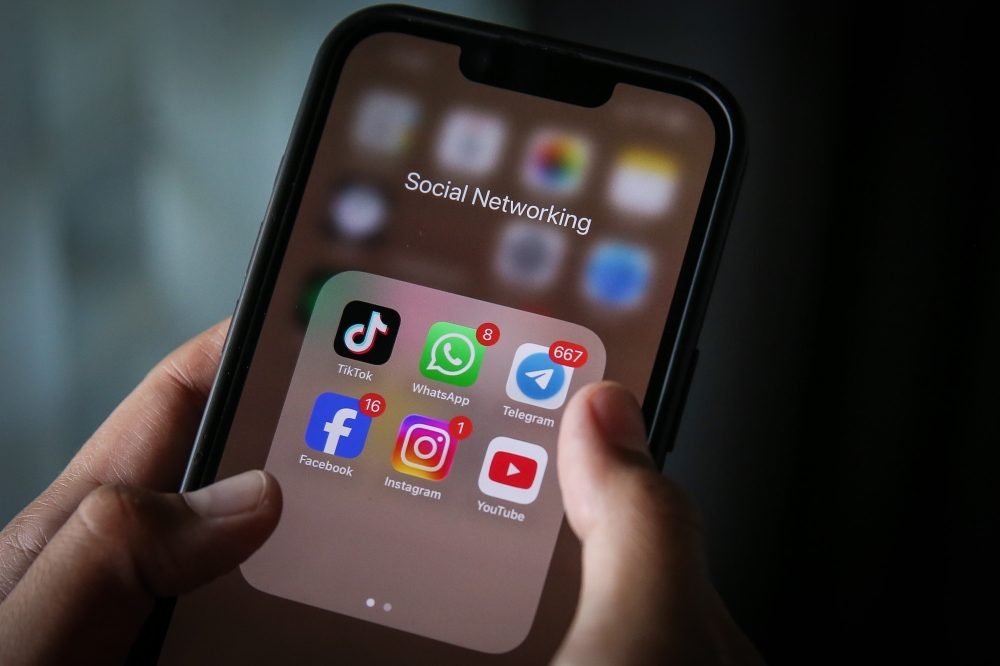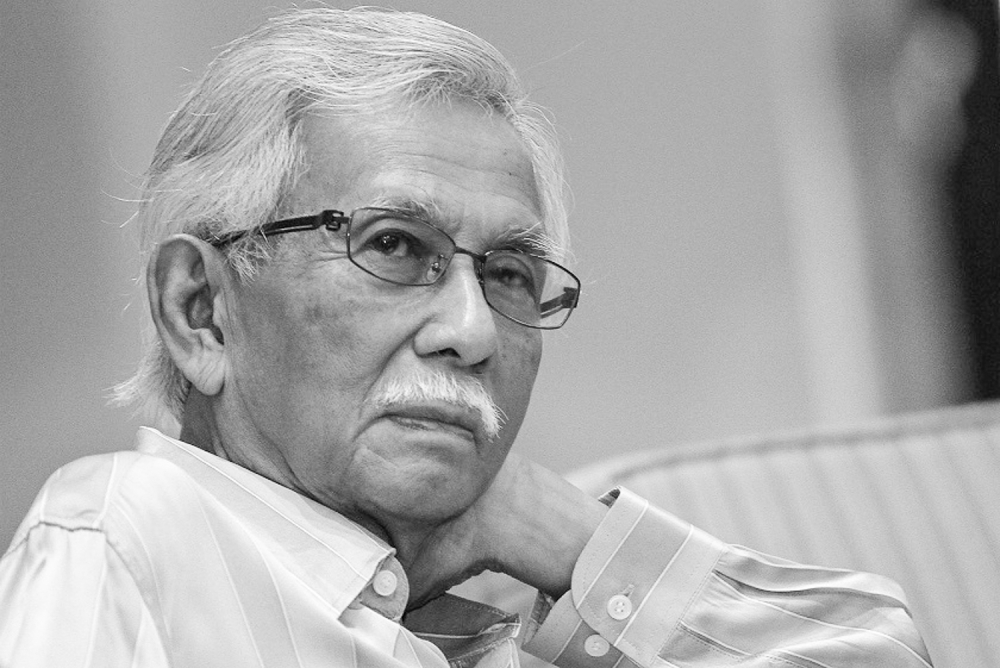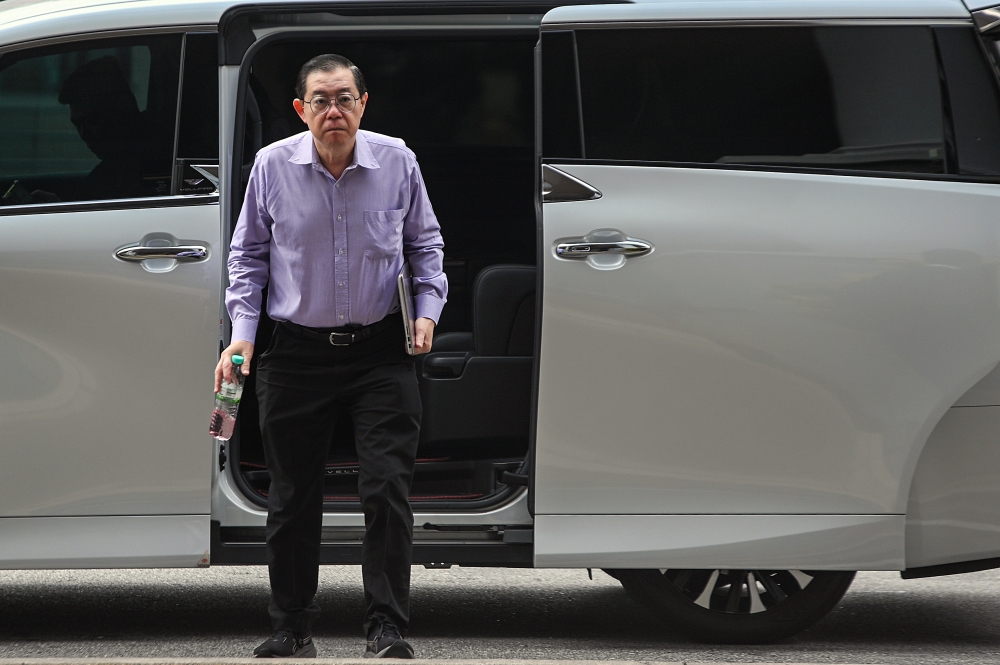WASHINGTON, Aug 23 — Federal Reserve Chair Jerome Powell stressed today that the central bank will act to ensure the US economic expansion continues, even in the face of “significant risks” posed by slowing global growth.
But as Beijing stepped up retaliation in the US-China trade war, Powell warned that trade tensions are exacerbating the global slowdown and the Fed doesn’t have a “rulebook” for dealing with the uncertainties.
Powell at the same time played down concerns that further stimulus could spark a surge in inflation, saying, “Low inflation seems to be the problem of this era, not high inflation.”
President Donald Trump’s trade war with China has escalated for months, undercutting business confidence and curtailing investment, while causing wild swings on global stock markets.
The Fed cut the benchmark interest rate last month for the first time in more than a decade, partly due to the anticipated impact of trade uncertainties on the growth.
But in his hotly-anticipated speech, Powell made clear the central bank has limited tools to respond to a trade war.
“The three weeks since our July FOMC meeting have been eventful, beginning with the announcement of new tariffs on imports from China,” he said in a speech prepared for delivery to an annual central banking conference in Jackson Hole, Wyoming.
“The global growth outlook has been deteriorating since the middle of last year. Trade policy uncertainty seems to be playing a role in the global slowdown and in weak manufacturing and capital spending in the United States,” Powell said.
The US economy “is now in a favourable place,” but given the “significant risks we have been monitoring,” the Fed “will act as appropriate to sustain the expansion,” he said.
He warned, however, that there is no “settled rulebook for international trade ... no recent precedents to guide any policy response to the current situation.”
Several Fed officials at the conference repeated their opposition to further rate cuts to boost the economy, in part due to the potential to spark an upsurge in prices.
But Powell said, “Low inflation seems to be the problem of this era, not high inflation.”
And he said, “in the unlikely event that signs of too-high inflation return, we have proven tools to address such a situation.” — AFP















